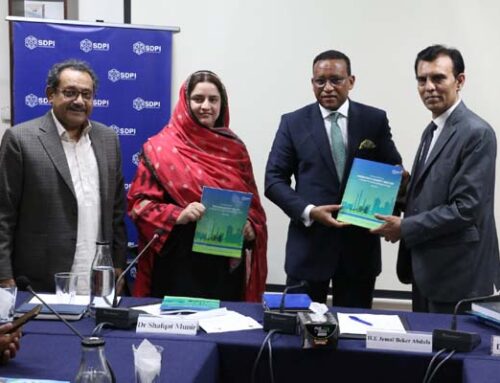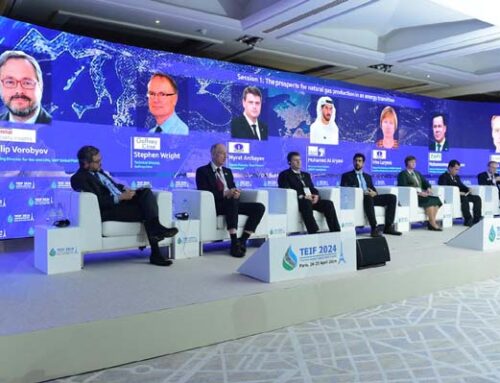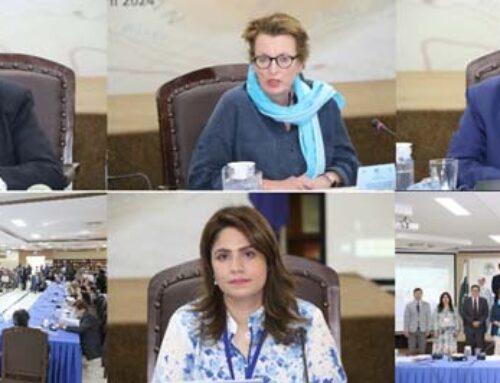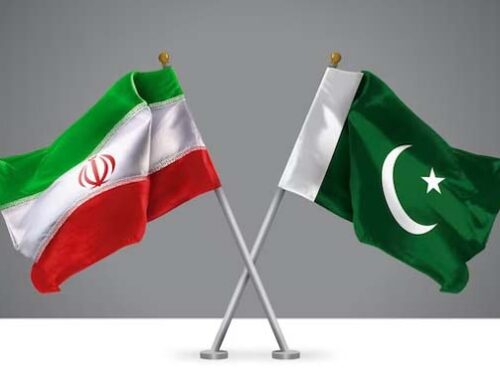Revamping tax system from predatory to transparent may ensure inclusive economic growth: Experts
ISLAMABAD, (27 th November 2021): Revamping tax system from predatory to transparent mode through
changing culture at the Federal Board of Revenue (FBR), strengthening agricultural yields, raising
investment for water conservation and development of Small Medium Enterprises (SMEs)-related policy
measures will support inclusiveness in economy, says Shahiad Kardar, Vice Chancellor Beacon House
University.
Delivering a key note address at the Sustainable Development Policy Institute (SDPI)’s symposium on
‘Inclusive Economic Growth, Risks, Challenges and Way Forward for Pakistan’s Economy,’ in Islamabad,
he said that the structure of economy has changed and the new growth sectors emerged are financial,
IT, automobile and those which are capital and skills intensive. He called for eliminating export biases
enabling participation in global supply chain and broaden the tax net base. He suggested that producers-
driven commodity chain, buyers-driven approach and facilitation of services sector, and the enhanced
role of private sector will be vital for inclusive economic growth. There is a need to take short-term
initiatives to curtail imports by banning imports of some luxury items like cars and cellular phones, he
added.
Shandana Gulzar Khan, MNA from PTI said, Pakistan was among those countries who was put under
Sovereign Debt failure countries, where many countries didn’t survive, and Pakistan did due to
appropriate policies, planning and resilience of the country. Now the investment is coming in venture
funding in financial technology. Record level of funding of $85 million by June 2021 has been received.
The ventures are small and innovative and most of the youth are behind these ventures.
Executive Director, SDPI Dr. Abid Suleri said, one of the key risks to inclusive growth is “Omicron, the
new variant of COVID 19 that is again shutting down various sectors.” Collective loss due to Covid-19
was huge, but Pakistan did comparatively well in terms of economic recovery. Energy prices are second
big challenge to the international markets and Pakistan. “I don’t see inflation going down in the next six
months, the government can improve the buying capacity of the people by creating employment
opportunities and providing targeted subsidies. We can’t ignore our social sector developments,
ignoring climate change will affect us negatively”, he said.
President Institute of Chartered Accountants of Pakistan, ICAP, Ashfaq Tola said, taxation is all about
equity. In this part of the region, we look at taxation from different perspective. “Our primary focus is
tax drive economy, this reverse direction leads us to nowhere.” Tracing the history of tax reforms in
Pakistan, he said we have identified the tax issues time and again but same issues are still coming up for
discussions even during latest tax reforms efforts. There is a need to take vibrant actions to expand the
tax net by including agriculture, capital gains, services and informal sectors into it. He suggested
eliminating all or most of the tax expenditure and tax holidays by moving away from presumptive taxes
to more adequate and systematic taxation of personal and corporate nature. We need to invest in tax
collection related IT equipment and software.
Dr Sardar Mohazam, Managing Director National Energy Efficiency and Conservation Authority said
there is a need to innovating access to energy which has different domains and may lead to inclusive
economic growth. He said that renewable energy sources need to be promoted to increase access to
various sources including solar and others. He said due to gap in supply and demand of energy, we have
to manage it through load shedding. Renewable energy is making energy access possible thus making it
more inclusive with focus on climate agenda. This agenda focuses on climate change mitigation part.
Syed Javed Hassan, Chairman National Vocational and Technical Training Commission, said there is a
need to replace old industrial approach to more incentivized approach to bring about sophistication in
the country’s structural makeup. We need to transform and make resources flexible to move from one
activity to another economic activity. We need to overcome the limited scale of the domestic market by
integrating it with regional and global markets. There is a need to invest in youth and women
Dr. Aliya Hashmi Khan, senior economist, said we cannot achieve inclusive economic growth until we
take women on board while taking highest level economic decisions and undertake planning. For
inclusive growth, we need inclusive decision making otherwise we are like half of the population not
important. Pakistan has not been able to cross 25 percent of the bar, having female working age
population in the labor force. So, 75 percent of women are not in employment. She said more women
should be given opportunity to give point of view about macroeconomic policies.





Leave A Comment